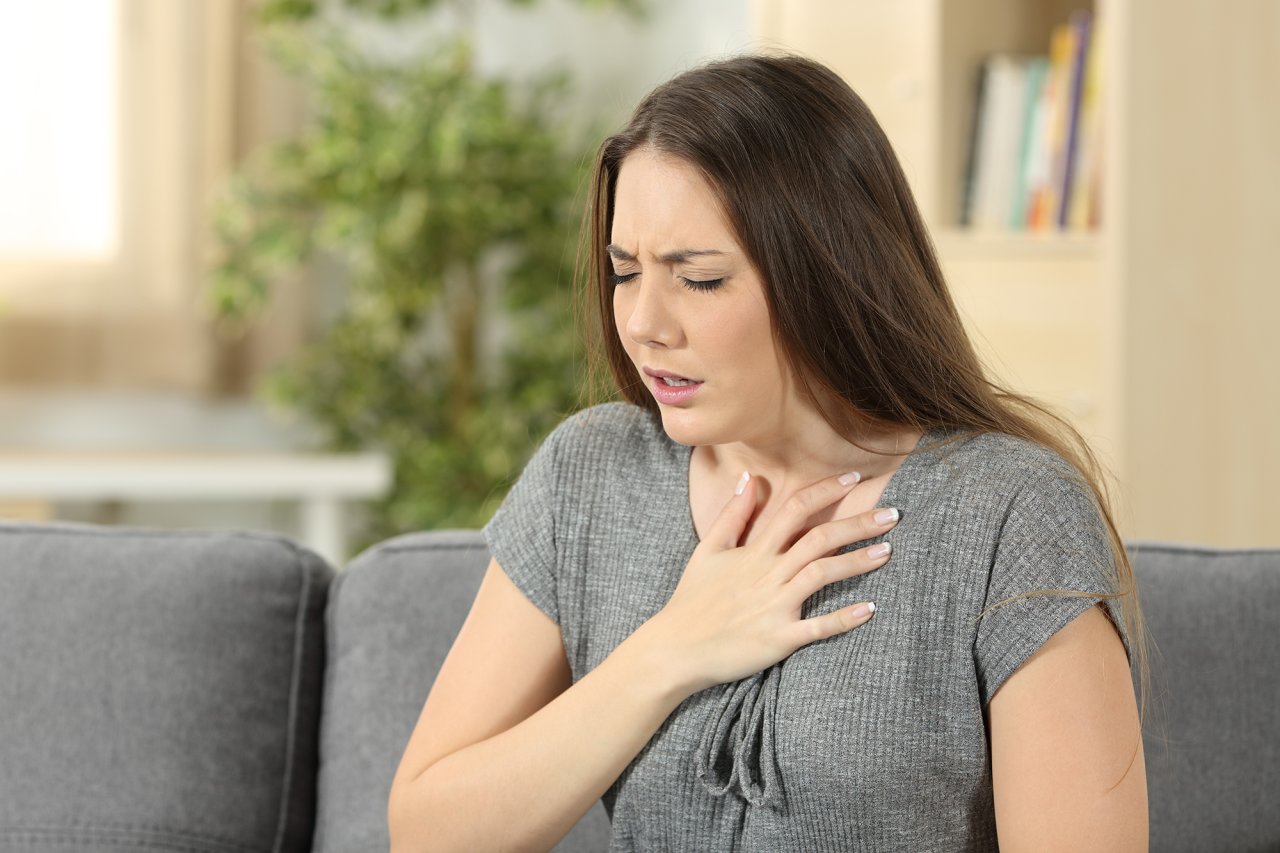Hot Stories
Recent Stories
Causes Of Hiccups And How To Stop It
Posted by Amarachi on Thu 14th Nov, 2019 - tori.ngMajor causes of hiccups and proferred solution to guide you when it occurs.

File photo
Usually, hiccups are not a serious problem. But they're repetitive and uncomfortable, causing your whole body to spasm with each hiccup. Just before the manifestation of that almost wheezing sound that is associated with hiccups, there's usually a tightening in the chest. Every episode has a short life span but if it goes beyond 48 hours then it has gone beyond what is normal.
Why Do We Experience Hiccups?
Hiccups are those unexpected and involuntary contractions of the diaphragm muscles that mostly happen as you're eating spicy food. The diaphragm is the muscle below your lungs and it is responsible for controlling your breathing. Plus, it marks the boundary between your chest and your abdomen.
When hiccups are about to happen those diaphragm muscles contract again and again. Then, to check the inflow of air your vocal cord snaps shut, thereby making the hiccup sound.
Many conditions have been identified for hiccups, but none of them is a definitive trigger.
Below are some of the causes of hiccups:
Problems with your liver can cause you to hiccup persistently. Swelling and infection of the liver can irritate your diaphragm, which in turn causes persistent hiccups
Some chronic medical disorders can cause hiccups. Disorders such as stroke or brain tumour and renal failure, meningitis, and encephalitis are all reported causes of hiccups.
Sometimes hiccups happen because your body is trying to prevent you from choking. In those moments, your stomach, which is located beneath your diaphragm, is stretched. So you hiccup instead of choking.
Eating too fast is the most common cause of hiccups. When you eat too fast you may end up swallowing your food alongside air and this can cause hiccups.
Eating too much is another common cause of hiccups, especially fatty foods. Drinking alcohol and carbonated drinks are causes, too. These practices irritate your diaphragm, thereby leaving you prone to hiccups.
For babies, they may hiccup after crying or coughing. And babies with gastroesophageal reflux are more open to hiccups.
Smoking and chewing gum can also make you swallow air, causing you to hiccup.
When you're stressed or anxious, you may find yourself hiccuping. They are common causes of hiccups.
Some medications can cause you to hiccup as a side effect. These medications include Diazepam, Xanax, Lorazepam, etc.
A sudden change in air temperature can also cause hiccups
How can I stop hiccups when they're happening?
Many home remedies work to stop a hiccuping person. These home remedies are back up by science. For instance, holding your breath works because carbon dioxide builds up in the blood when you hold your breath and this stops hiccups. Try the following home remedies during hiccups.
Hold your breath
Gargle with ice-cold water
Drink a cup of water quickly
Bite on a lemon
Pull hard on your tongue. This (and drinking water) stimulates the nerve that runs from the brain to the stomach, causing the hiccuping person to stop.
Have someone frighten you.
Use smelling salts
Close your mouth and nose and then try to exhale forcibly
Put one-half teaspoon of dry sugar at the back of your tongue. For young children use corn syrup, not sugar.
Stick a finger in the ear
Swallow a tablespoon of honey
Try bringing your knees towards your chest and maintain this position.
Try controlling the rhythm of your breathing, slowly
Rub your eyeballs
There are other home remedies. Among these methods, a person should choose the one they are comfortable with. The honey remedy is not suitable for infants and elderly people with swallowing problems.
Hiccups are generally mild and brief. They are rarely a medical emergency. But if hiccups become recurrent to the point where they affect your sleeping or eating pattern, you should see a doctor. Likewise, if there's abdominal pain, shortness of breath, vomiting, or fever.
Top Stories
Popular Stories
Stories from this Category
Recent Stories



















































